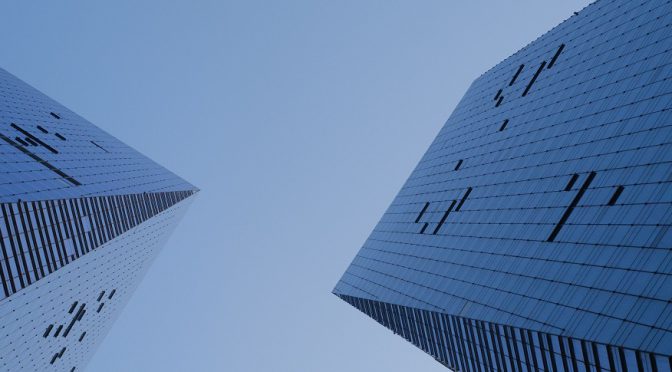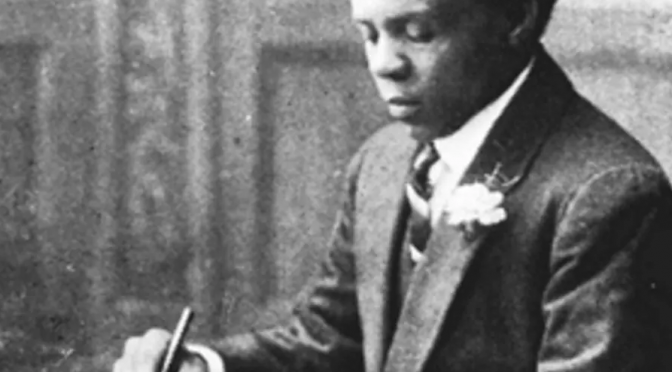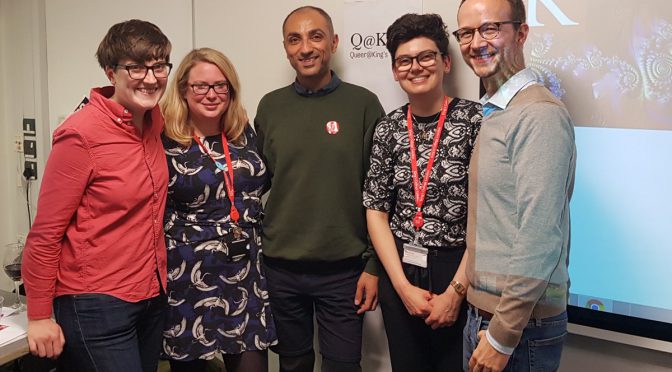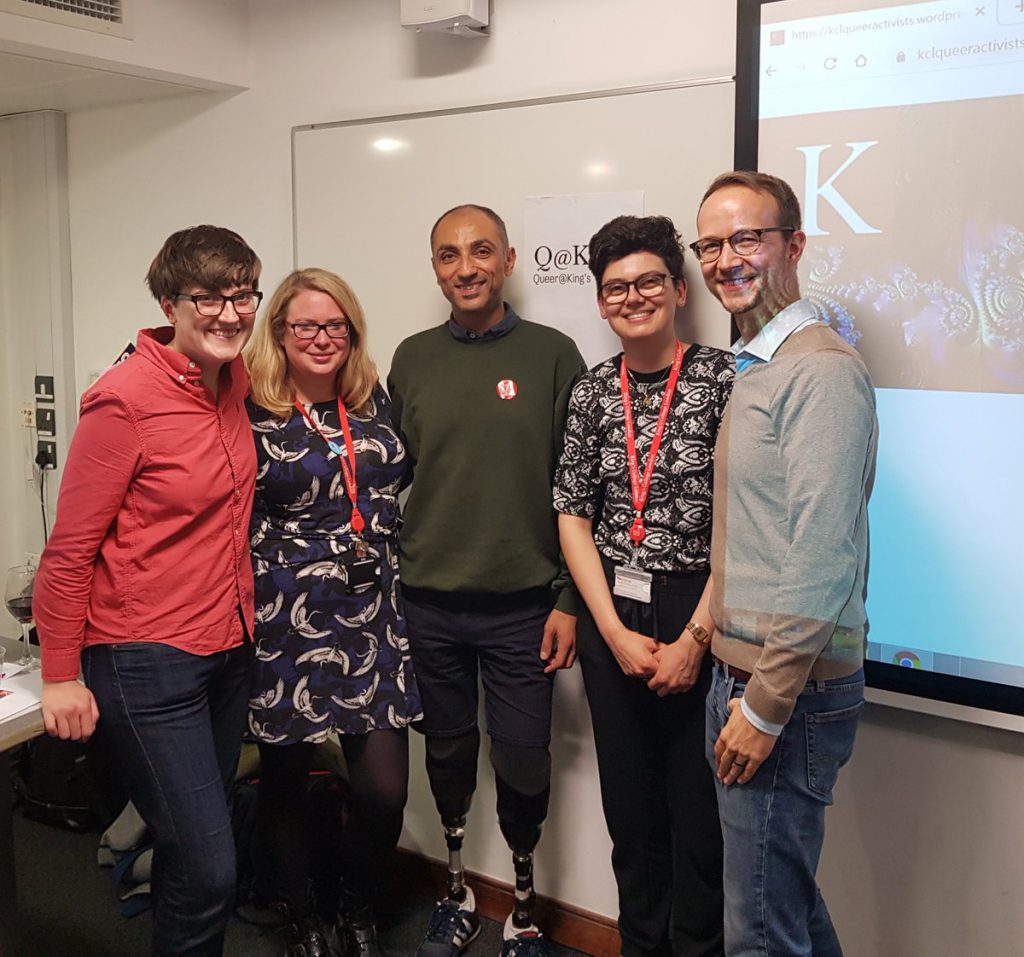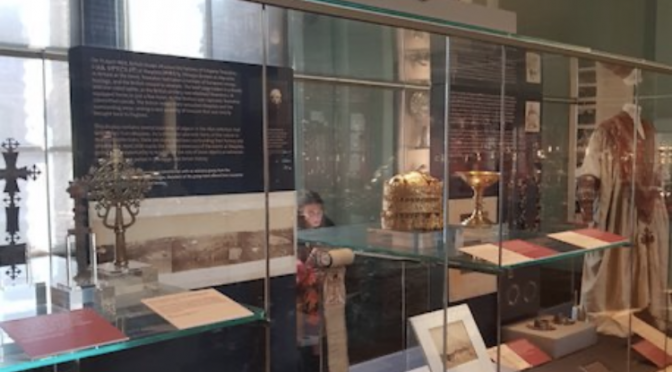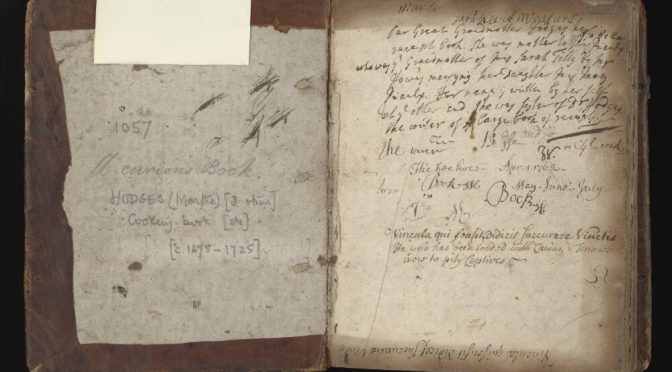by Max Saunders, Professor of English; Fellow of the English Association; and Director of the Centre for Life Writing and Research.
Almost a century ago a young geneticist, J. B. S. Haldane, made a series of startling predictions in a little book called Daedalus; or, Science and the Future. Genetic modification. Wind power. The gestation of children in artificial wombs, which he called “ectogenesis.” Haldane’s ingenious book did so well that the publishers, Kegan Paul, based a whole series on the idea. They called it To-Day and To-Morrow, and between 1923 and 1931 published over 100 volumes, byrising stars like Haldane, and leading thinkers like Bertrand Russell, who answered Daedalus with a much gloomier warning about the future of science, called Icarus.

